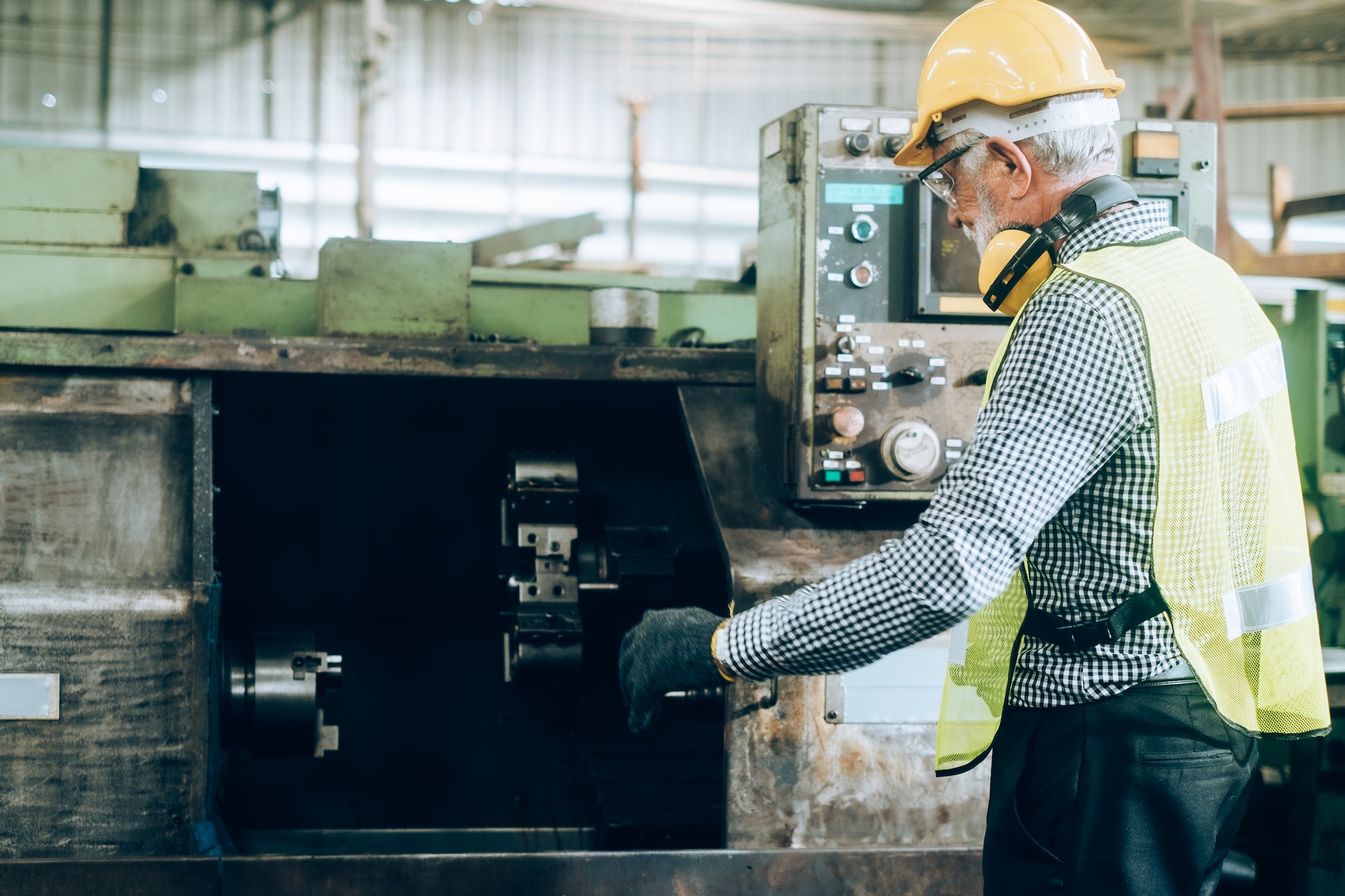Many older adults find it harder to find a job because of workplace discrimination. Discrimination usually begins when people reach the age of 50, but, once people reach the age of 64, it can be even harder to find a job. Mostly, it’s because many employers think that older people are less able to function physically and mentally in the workplace to work, and they will therefore be less likely to hire them.
Millennials find it harder to get a job
According to recent research, millennials are actually having more trouble breaking into the workforce than other generations traditionally have. This is largely because of the Great Recession, which stunted economic growth for the first few years of the 21st century. Younger workers often summarize it as “last hired, first fired.” and, believe it or not, the effects of the recession are still evident in the wages and employment rates of younger workers.
However, according to the same study, millennials want a job with a purpose. In addition to paying the bills, they also want to make a difference in the world. Forty-four percent of millennials want to work for a company that supports their values, and a similar number expressed a desire to work for an organization that cares more about its employees’ health than profits.
In addition, millennials tend to demand more modern technology in the workplace. In fact, one-third of millennials left an employer that didn’t provide them with the modern tools they needed to perform their jobs.
Experience is a factor in getting a job

Although the job market for older workers remains weak, experience is a major consideration for employers. While this is good news for job seekers, it may also cause a disadvantage for employers. In interviews, it’s important to emphasize your greatest achievements. Moreover, if you are older than the average employee, you should reinforce your skills and interest in mentoring younger employees.
One study published by the Harvard Business School shows that people with a college degree are more likely to land a job than those without a degree. This indicates that employers are more willing to overlook a lack of a degree if someone has experience. Similarly, in large organizations, experience is more valued than a college degree.
Women are more likely to be discriminated against based on age
Age discrimination against older women is especially harmful because older women have increased healthcare needs and are often widowed. They are also more likely to be out-of-work and rely on the patchwork social safety net. Even if older women can still work, they are often not hired by employers.
According to the report, 64% of women and 59% of men said they experienced ageism in the workplace. Age discrimination starts earlier than the age of a person, which makes older women more vulnerable to it. And, women are also more likely to report age discrimination. Despite federal law, research has found that age discrimination is prevalent in the workplace. While age is not always a factor, it is a significant factor. The study also found that women over 60 and blacks are disproportionately affected by age discrimination.
Women who choose to stay at home to take care of their children often face discrimination in the workplace. A recent study found that 76% of older workers are discouraged from finding a new job because of age discrimination, and 90% said their previous jobs paid less. This trend shows how important it is for workplace diversity efforts to deal with age discrimination. One way to combat age discrimination is through training and open communication with employees.

